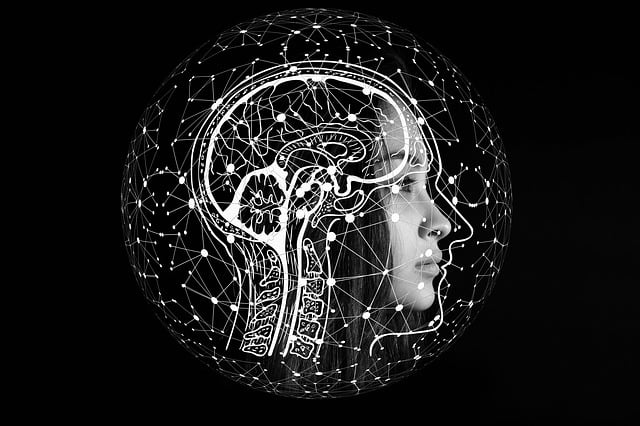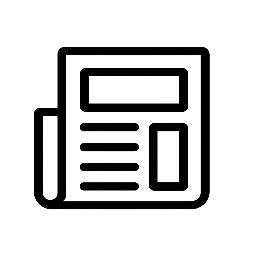-
Table of Contents
The Rise of AI in Music Creation

Artificial intelligence music generator technology has revolutionized how we compose, produce, and experience music. Whether you’re a struggling musician, a producer looking for inspiration, or just curious about the future of sound, AI-powered tools offer endless possibilities. In this guide, we’ll explore how these systems work, their benefits, and how you can leverage them to enhance your creative process.
Table of Contents
- How AI Composes Music
- Advantages of Using AI for Music
- Top AI Music Tools
- Success Stories in AI-Generated Music
- How to Begin with AI Music
How AI Composes Music
Modern AI music systems rely on deep learning algorithms trained on vast datasets of existing compositions. These models analyze patterns in melody, harmony, and rhythm to generate original pieces. For example, OpenAI’s MuseNet can create multi-instrumental tracks in various styles, from classical to pop.
Key techniques include:
- Recurrent Neural Networks (RNNs): Ideal for sequential data like melodies.
- Generative Adversarial Networks (GANs): Help refine outputs to sound more human-like.
- Transformers: Enable long-term structure in compositions.
Advantages of Using AI for Music
One major benefit of AI-powered composition is speed. Instead of spending hours crafting a melody, you can generate multiple options in minutes. Additionally, these tools democratize music creation, allowing beginners to experiment without formal training.
Other advantages include:
- Endless inspiration: Overcome creative blocks with fresh ideas.
- Customization: Tailor outputs to specific genres or moods.
- Collaboration: Use AI as a co-creator to enhance your workflow.
Top AI Music Tools
Several platforms stand out in the AI music space. For instance, Amper Music lets users create royalty-free tracks instantly. Meanwhile, AIVA specializes in classical and cinematic compositions.
Here’s a quick comparison:
- Amper Music: Best for quick, customizable background tracks.
- AIVA: Ideal for orchestral and emotional scores.
- Boomy: Great for generating beats and electronic music.
Success Stories in AI-Generated Music
Many artists have embraced AI to push boundaries. Taryn Southern’s album I AM AI was entirely co-written with IBM Watson, proving that machine-assisted music can resonate with audiences. Similarly, producers like Holly Herndon use AI to explore avant-garde soundscapes.
Key takeaways from these examples:
- AI can complement human creativity rather than replace it.
- Experimentation leads to unique artistic expressions.
- Collaboration between humans and machines yields innovative results.
How to Begin with AI Music
Starting with AI-generated music is easier than ever. First, choose a tool that aligns with your goals. If you need background music for videos, try AI tools for content creators. For original compositions, explore platforms like AIVA or MuseNet.
Follow these steps:
- Experiment with presets to understand AI capabilities.
- Refine outputs by adjusting parameters like tempo and instrumentation.
- Combine AI-generated elements with your own ideas for a hybrid approach.
Overcoming Common Challenges
While AI music generators offer many benefits, they aren’t without limitations. Some users struggle with generic-sounding outputs or lack of control over fine details. To address this, consider using AI as a starting point and then editing the results manually.
For deeper insights, check out our guide on customizing AI-generated music.
The Future of AI in Music
As technology advances, AI will play an even bigger role in music production. From real-time collaboration tools to personalized soundtracks, the possibilities are endless. However, the human touch remains irreplaceable for emotional depth and storytelling.
To stay ahead, explore emerging trends in music tech and keep experimenting.
Final Thoughts
Artificial intelligence music generator tools are transforming the creative landscape, offering new ways to compose and innovate. By understanding their strengths and limitations, you can harness their power to enhance your music. Whether you’re a novice or a seasoned professional, AI can be a valuable ally in your artistic journey.
Ready to dive in? Start with the tools mentioned above, and don’t hesitate to blend AI creativity with your unique vision.



Leave a Reply